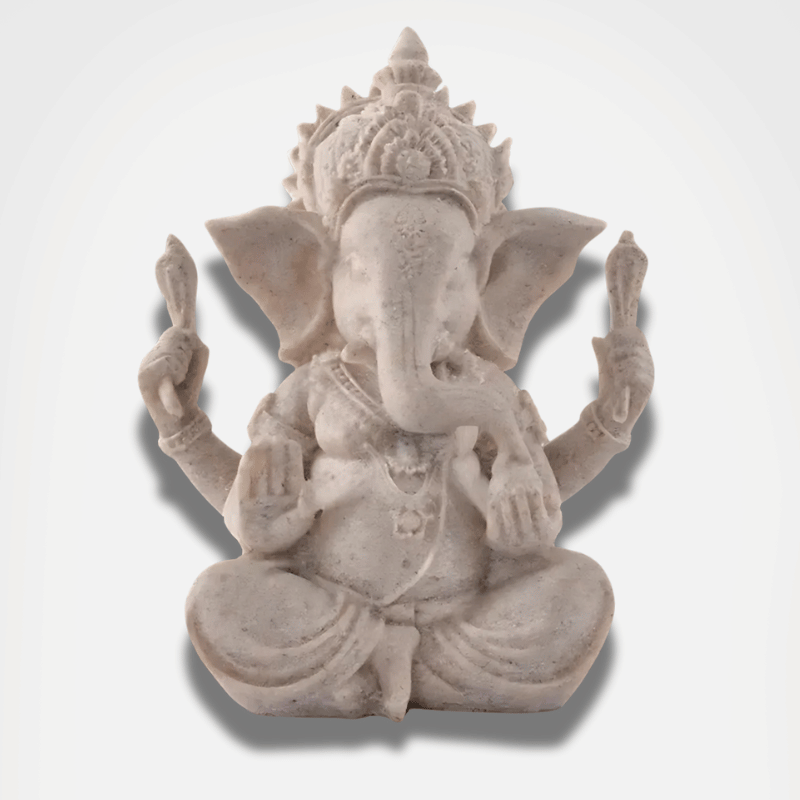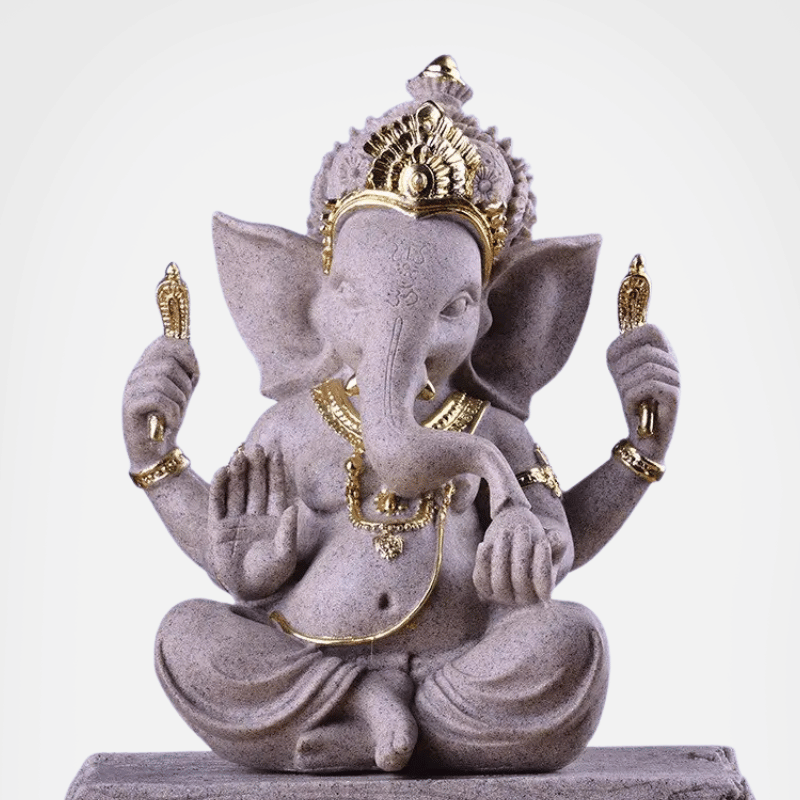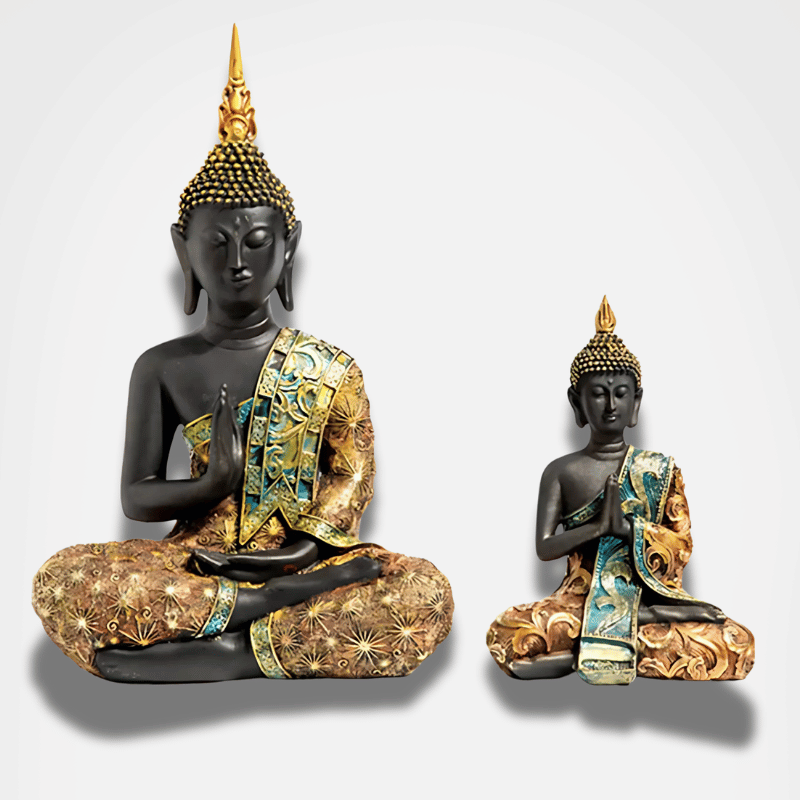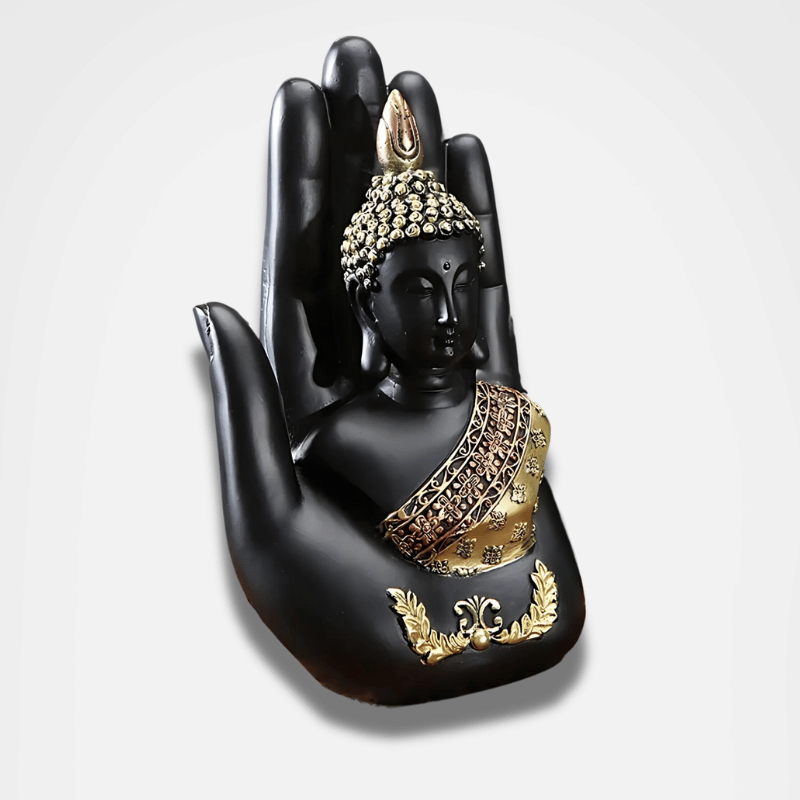Who is Jesus for Buddhists?
Buddhists, as practitioners of a non-theistic religion, do not have a belief in or direct relationship with Jesus as the central figure of Christianity. However, some Buddhists may view Jesus from a philosophical or symbolic point of view. Let's find out how Jesus is perceived from the Buddhist perspective.
The teachings of Jesus
Buddhists often recognize the moral and ethical teachings of Jesus. Its teachings on love, compassion, selflessness and the importance of leading a virtuous life resonate with Buddhist principles. Jesus's concern for the well-being of others and his message of unconditional love can be seen as values shared by Buddhists.
The figure of Jesus can also be interpreted as that of a bodhisattva, an awakened being who is committed to helping others achieve enlightenment. In this way, Jesus can be seen as an inspiring example for Buddhists who seek to develop compassion and help living beings free themselves from suffering.
Jesus in Buddhist literature
In some Buddhist traditions, there are stories that mention Jesus. For example, in Tibetan Buddhist texts, there is mention of "Issa", which would be the Buddhist name given to Jesus. However, it should be noted that these references are rare and most Buddhist texts do not mention Jesus.
Some modern spiritual traditions that fuse elements of Christianity and Buddhism may emphasize the figure of Jesus. These movements emphasize the unity of the teachings of Jesus and Buddha, emphasizing their shared messages of compassion, forgiveness and inner transformation.
It is important to emphasize that these interpretations of Jesus in the light of Buddhism remain in the minority and are not representative of the Buddhist tradition as a whole.
The Buddhist Path to Enlightenment
For Buddhists, the path to enlightenment is through the practice of dharma, the teachings of the Buddha, and the realization of the Four Noble Truths, namely suffering, the origin of suffering, the cessation of suffering and the path to the cessation of suffering.
Unlike Christianity, which emphasizes faith in Jesus and redemption, Buddhism encourages practitioners to look within themselves for truth and follow the Noble Path Eightfold, which includes right understanding, right thought, right speech, right action, right livelihood, right effort, right mindfulness, and right concentration.
Buddhists believe in the ability of every living being to achieve enlightenment and freedom from suffering, without the direct help of a divine figure such as Jesus. They focus on the daily practice of meditation, mindfulness and compassion to cultivate their own awakening.
The importance of universal teachings
Interestingly, many of the teachings of Jesus and the Buddha focus on universal values and principles such as love, compassion, inner peace and selflessness. Although beliefs and practices may differ, there is a convergence in the pursuit of happiness, truth and peace that transcends religious boundaries.
Compassion as a common thread
Whether it is Jesus's teaching on loving one's neighbor or the Buddha's teaching on compassion for all sentient beings, compassion is a central concept in both traditions . The ability to feel compassion for others, understand their suffering, and demonstrate empathy is a quality that Buddhists and Christians seek to cultivate.
Ultimately, although Buddhists do not have a direct relationship with Jesus as a divine figure, they can appreciate his moral and spiritual teachings. The question of “who is Jesus for Buddhists” is therefore complex and will depend on individual beliefs and specific interpretations of Buddhists.
The teachings of Jesus can serve as a source of inspiration for Buddhists who seek to cultivate values such as love, compassion and selflessness in their own spiritual journey. p>
Conclusion: The inspiration of Jesus in Buddhism
For Buddhists, Jesus can be seen as an inspiring example of compassion and unconditional love. Although Buddhists do not have a direct belief in Jesus as a divine figure, his moral and ethical teachings may resonate with Buddhist principles. Compassion, selflessness, and love for others are universal values that Buddhists seek to cultivate in their daily practice. So even though Buddhists do not view Jesus as a divine being, they can find inspiration in his teachings and the values he represents.












































